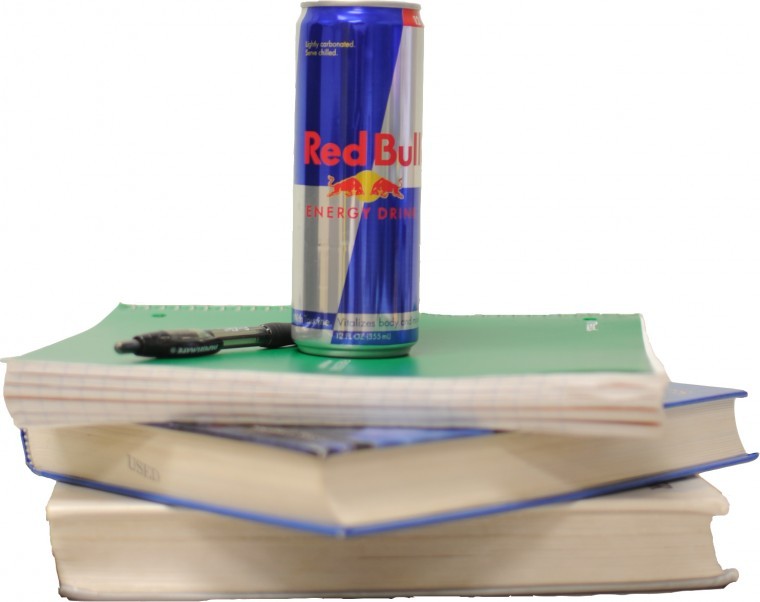Sleep is crucial to studying for finals
Some students sacrifice sleep and drink caffeine to prepare for finals. Experts say this isn’t the best way to study.
December 5, 2010
Finals can be stressful, and when students sacrifice sleep in order to prepare for exams, proper functioning becomes difficult.
“Sleep is a time for your body to relax, recuperate and to build up the energy you need to get through the day,” said Alicia Czachowski, NIU health promotion specialist. “When you do not get the sleep you need, your body and mind will not have the energy they need to function the best they can.”
A lack of sleep can affect quality of work and studying.
“This [lack of sleep] can lead you to not be able to concentrate on studying or doing school work, especially during finals time.” Czachowski said.
During finals, Christopher Beckford, junior business administration major, said he sometimes pushes himself to stay awake and study.
“I often stay up late during finals because sometimes that’s what necessary to get the desired grade,” Beckford said.
Czachowski said students should take breaks when they get tired instead of trying to stay awake.
“If someone is falling asleep or tired while studying, they will be less likely to retain the information they are trying to remember,” Czachowski said. “Sleeping for a period of time is going to help them in the long run. Students should remember that they should be getting about seven to eight hours of sleep.”
Other students said they had to learn the hard way about getting more sleep instead of trying to pull all-nighters.
“When I was a freshman, I would stay up all night trying to study, but remembering information was really difficult the next morning,” said Leshanda Ausler, senior elementary education major. “Now I study more before finals so I won’t be too stressed, and I take breaks when I’m tired.”
A common practice by college students is to drink large amounts of caffeine; Czachowski said students should follow the Food and Drug Administration guidelines.
“According to the FDA, 100 to 200 mg (one to two 5-ounce cups of coffee) each day is the limit that some doctors suggest,” Czachowski said.
Finals week is an important time for students to be healthy and functioning well; the best way to reduce stress and maintain healthy sleeping hours is to set a routine and avoid certain substances before bed.
“One of the best ways to get sleep is to establish a nightly routine,” Czachowski said. “This includes going to bed and getting up around the same time each day, avoiding alcohol and caffeine near bedtime, keeping ear plugs or a sleeping mask handy if you roommate has the lights on or is noisy and using your bed exclusively for sleep, not studying.”
The Health Enhancement Department provides materials for students to manage stress and sleep such as a high performance finals checklist, as well as a list of tips for coping with stress and ideas for alleviating test anxiety



